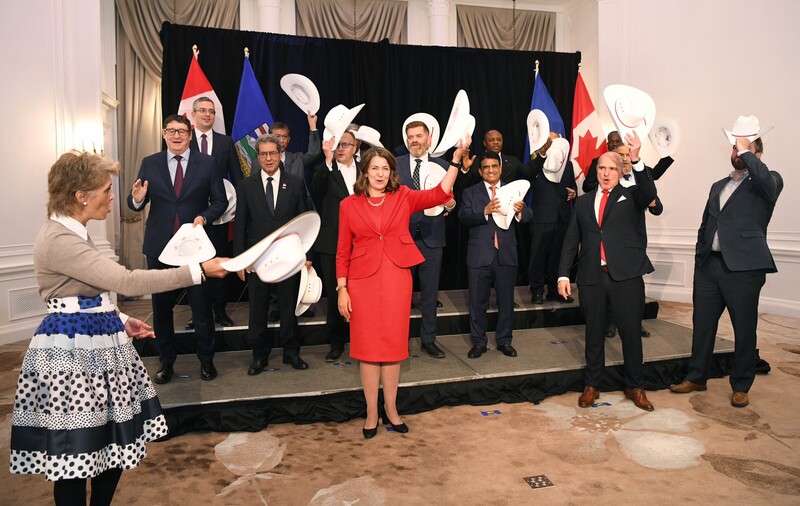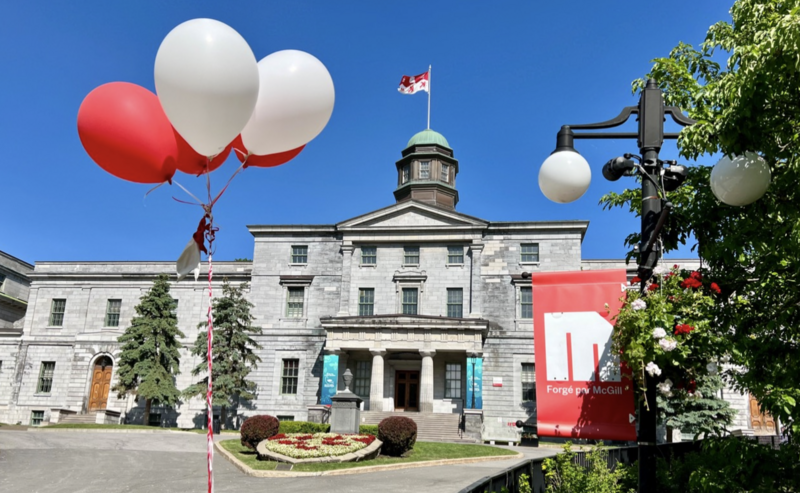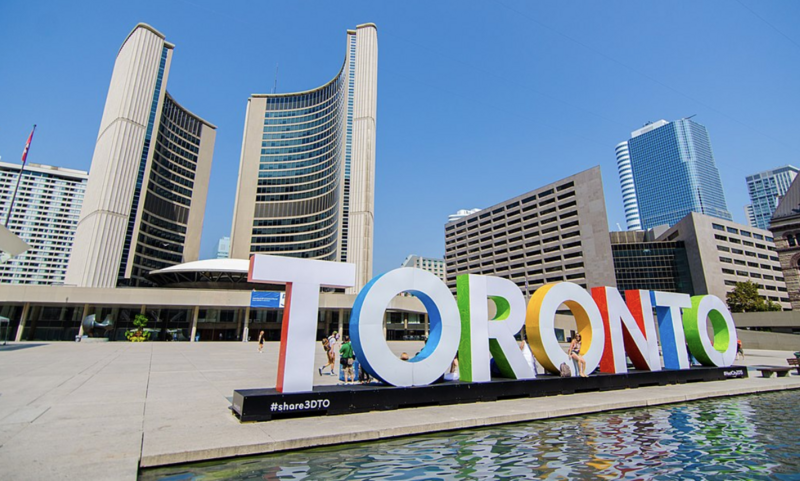Like Zayn Malik leaving One Direction, Alberta wants to break away from Canada’s national pension plan.
What happened: Alberta is looking to leave the Canadian Pension Plan (CPP) and establish its own provincial pension fund after a long-awaited report claimed the province would be entitled to a $334 billion asset transfer if it left in 2027 — over half of the CPP’s entire assets.
What happened: Alberta is looking to leave the Canadian Pension Plan (CPP) and establish its own provincial pension fund after a long-awaited report claimed the province would be entitled to a $334 billion asset transfer if it left in 2027 — over half of the CPP’s entire assets.


.gif)


.png)



